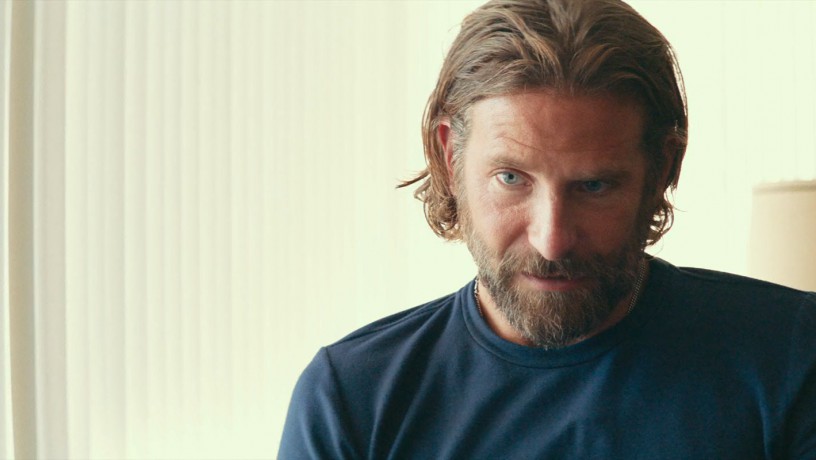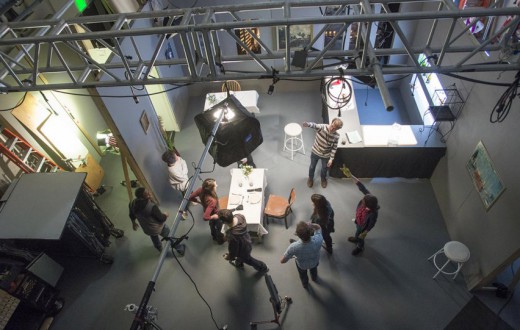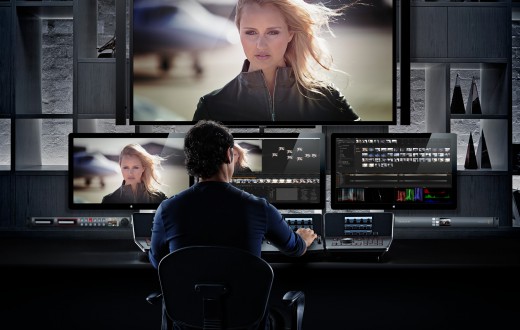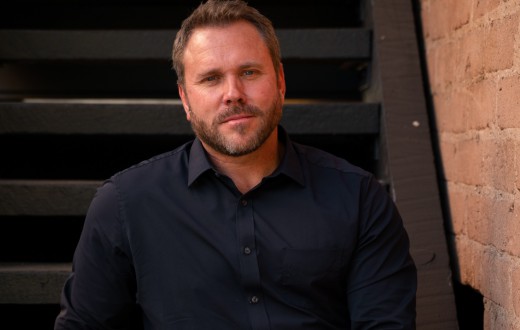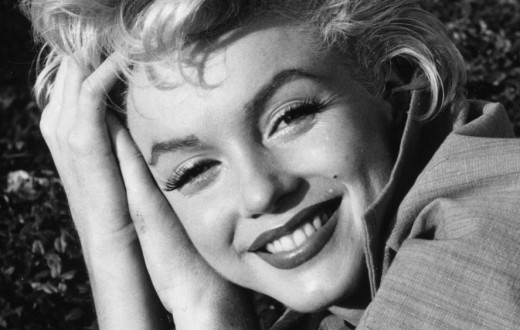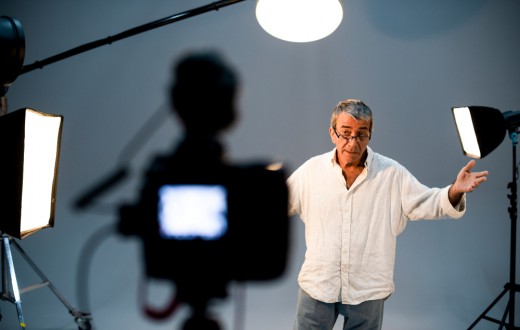Being vulnerable on stage and screen is a crucial part of the acting process. It requires letting go of your insecurities and exposing your innermost emotions to an audience. This level of vulnerability can be unsettling, but it’s also what makes acting so powerful. When you’re able to be vulnerable, you’re able to create a deeper connection with your character and the audience.
Vulnerability starts with trust. As an actor, you should trust the material you’re working on, your co-actors and the director. This trust allows you to let go of your fears and insecurities and fully embrace your character. When you’re able to be vulnerable, your performance becomes authentic and raw. It’s the difference between a flat, unengaging performance and a powerful, captivating one.
There are others who think that being vulnerable is NOT a requirement for success in the acting industry. In fact, some actors prefer to keep their personal lives separate from their professional careers and may not feel comfortable sharing their emotions or experiences in public.
It’s important to note that being vulnerable on the job is not the same as being vulnerable in real life. You must be able to draw from your own experiences and emotions, but you must also be able to separate your own feelings from those of the character you’re playing. This can be a delicate balance, but it’s one that allows you to be vulnerable without being overwhelmed.
I’m going to get into this a little bit more because I find vulnerability such an interesting topic…
You have the performer who acts vulnerable because it’s the job, then you have people who act vulnerable because they’re after something. Take what I say below as a way to explore different ways, as an actor, to treat vulnerability.
 People may pretend to be vulnerable for a variety of reasons, such as to:
People may pretend to be vulnerable for a variety of reasons, such as to:
Seek attention or validation: By appearing vulnerable, some people may hope to elicit sympathy or support from others.
Build trust and relationships: By being vulnerable, people may be able to build closer relationships with others by sharing their personal experiences and emotions.
Manipulate others: Some individuals may use the guise of vulnerability as a way to manipulate or exploit others, particularly in romantic or professional relationships.
Create a certain image: In some cases, people may pretend to be vulnerable as a way to present a specific image or persona, such as being perceived as more empathetic, relatable or authentic.
It’s important to note that true vulnerability involves genuine openness and self-disclosure, whereas pretending to be vulnerable is a form of manipulation or deceit.
Being vulnerable takes a lot of courage and practice. However, when you’re able to overcome your fears and insecurities, you’re able to create powerful, moving performances that touch the hearts of audiences.
To be able to successfully do this takes bravery and a willingness to open up one’s self emotionally on stage or in front of the camera. From Meryl Streep’s gut-wrenching performance as a mother mourning her son in Sophie’s Choice, to Bradley Cooper tackling mental illness with his Oscar nominated role in A Star Is Born, these actors are not afraid to put themselves out there and evoke real emotion from the audience.
So here’s my sound advice: Let go of your fears and embrace the power of vulnerability.
We’d love to hear your comments whether you are for or against using vulnerability in your acting. Follow us at DirectSubmit NYCastings to leave a comment.

